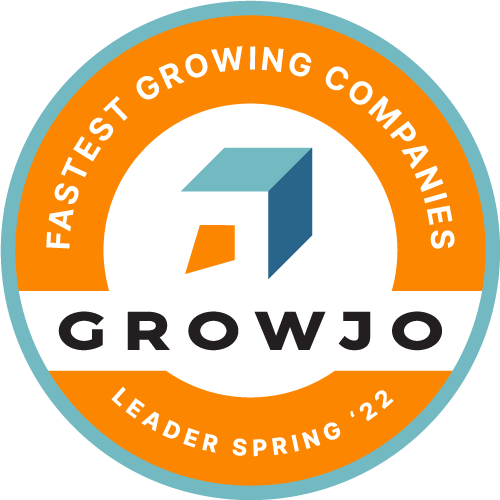Virtual
Assistants
Well-trained and versatile Virtual Assistants. Leverage our invaluable skills to ensure task completions while you free up your schedule to focus on the revenue-earning activities.
Why Virtudesk®?
Choosing Virtudesk is choosing to work smarter, not harder. Skip hours of screening applicants and awaiting responses, and start getting benefits that truly boost your business’s growth.
Designated Account Manager
Receive expert support from a dedicated account manager on how to best leverage VA services for your business. Get matched with your account manager as soon as the interview process starts.
Highly-Trained Virtual Assistants
Virtual assistants from Virtudesk are trained on the popular tools used within their area of expertise or target industry. Expect VAs who can easily adapt to your systems and learn the specific tools your business needs.
Timedly Time Tracker
As a client of Virtudesk, you will have free access to our timekeeping app, helping you and your virtual assistant implement a system for accountability. Monitor your VA whenever you need to, without micromanaging them over a call.
Who is Virtudesk for?
Virtudesk is for every team or entrepreneur in any industry seeking a cost-effective approach to delegating non-core tasks, avoiding burnout, and managing project timelines effectively.
Services
This capability provides a remote Virtual Assistant coverage of basic admin tasks. In essence similar to a personal assistant, this service lets you leverage an actual Virtual Assistant to address your daily routine and office minutiae associated with running your business.
Pricing
All packages require a $450 set-up fee at initial signing with a 3-month lock-in period
Meet our Most Trusted
Partners & Clients

Byron Lazine
Co-Founding Chief-of-Operations at BAM (Broke Agent Media)I’ve been using Virtual Assistants for years throughout all of my companies. Once we found Virtudesk the process got even easier and allowed us to scale out our hiring. Highly skilled and accountable professionals. 100% recommend!

Rebecca Julianna James
Realtor / Content CreatorBefore getting started with Virtudesk I had my doubts that they would find what I was looking for. I needed a very particular person to add to my team and let me tell you I am highly pleased! My virtual assistant Myril is the best! I am excited to grow my socialmedia accounts with her. Thank you Virtudesk!

Chelsea Erickson
Realtor La Belle RE GroupI am very happy with the assistance Virtudesk is providing for my real estate business. This is a newer position for my company and we are working through the creation and efficiency.

















